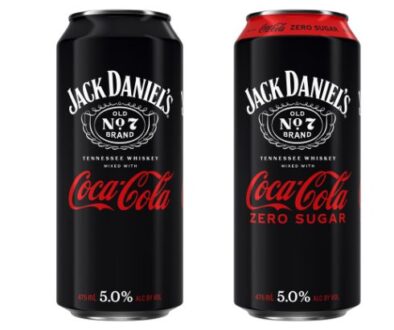Scotch Whisky Poised to Celebrate Most Productive Year
The Scotch whisky industry is on a sure course to celebrate its best economic performance. Various indicators are showing large profits that already exceed previous years, without including the last quarter’s sales reports. Scotch whisky producers, such as the Chivas Brothers are celebrating a huge uptick in exports and local sales.
According to figures from the Scotch Whisky Association (SWA), 2023 exports could surpass £6 billion (US$7.5 billion) for only the second time in the industry’s history after 2019. Yearly figures will not be released until February, but so far, they are up 17% on 2019.
Another report published by Euromonitor International forecasts that sales of nine-litre cases are expected to reach 102 million in 2023, a rise from 98.9 million in 2022. With a value of US$63.4 million, 2023 figures are expected to surpass US$59.9 million in 2022.
Scotch Whisky Poised to Celebrate Even With Bad News

There is some bad news, however. In August the UK increased spirits duty by 10.1%. This move was widely condemned by the Scotch industry. While last month’s autumn statement froze alcohol duty until 1 August 2024, spirits remain higher in tax than beer, wine, and cider.
“The tax framework in the UK disproportionately penalizes whisky – and that framework does not look like it will be changed any time soon,” says Kieran Healey-Ryder, head of whisky discovery for Whyte & Mackay.
Mark Kent, CEO of the SWA, adds: “Fair taxation and support from the government in our home market is important – not only does it give the industry the confidence and stability to grow and invest, but it sets a precedent for the treatment of Scotch whisky in our global markets.”
However, Healey-Ryder anticipates a new issue on the horizon: “There is a growing demand for casks, which are typically coming from the US for the initial maturation. The industry has grown faster than the availability of casks.” He adds that a cask shortage would call into question whether Scotch should be redefined: “It’s defined in law that there’s a three-year initial maturation in oak. At what point is American white oak not available enough that that might need to change? That might not be next year, or within three years, or five – but there’s pressure on cask availability.”




